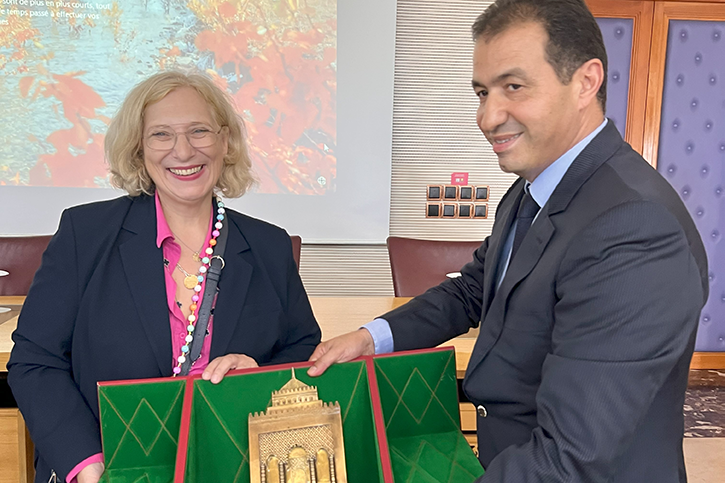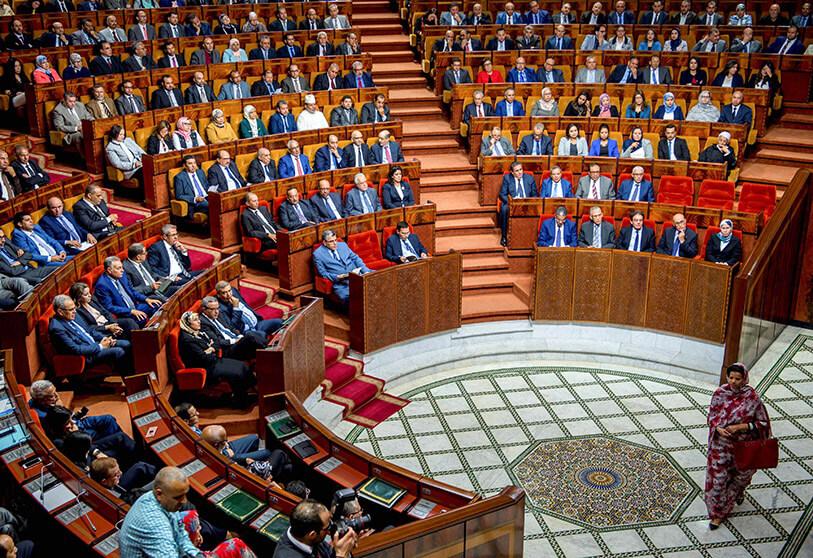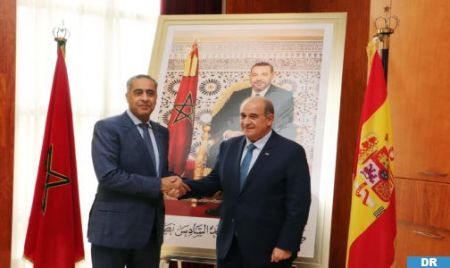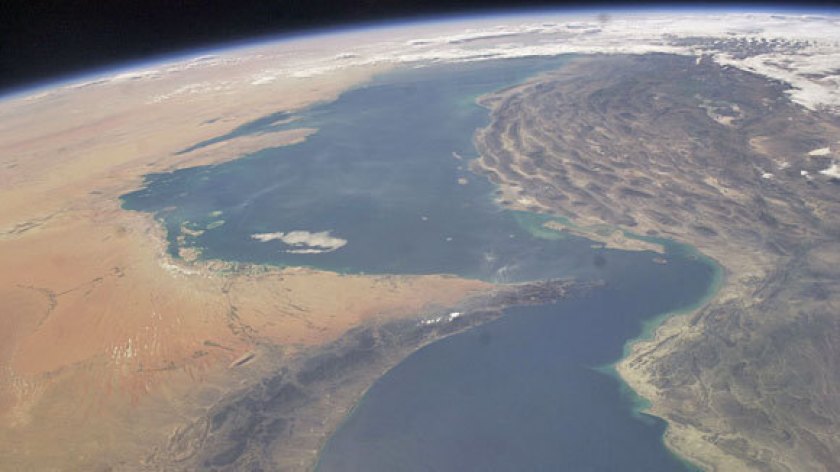A nine-member delegation of the OSCE Parliamentary Assembly’s Ad Hoc Committee on Migration, led by its Chair, Dr. Daniela De Ridder (Germany), wrapped up this Saturday a three-day visit to Morocco, during which it met with a wide range of stakeholders.
The visit, hosted by the Moroccan parliament’s lower house, marked the first time that the committee traveled to an OSCE Partner for Co-operation to gain first-hand insight into its approach to managing migration flows, refugee protection and the integration of migrants and refugees.
The delegation has commended the Kingdom for its efforts to enact asylum and migration reform as it learned about Morocco’s challenges as a country of emigration, transit and destination, as well as its strategic position at the heart of migration flows between Europe, Africa and the Middle East, the OSCE PA said in a press release. The official interlocutors underlined Morocco’s efforts to prevent irregular migration towards Europe and countering trafficking in human beings and migrant smuggling. The critical importance of international co-operation and joint efforts to tackle the root causes of migration including conflict, climate change, and economic disparities were also emphasized.
De Ridder said at a meeting with Director of Migration and Border Surveillance at the Ministry of the Interior, Khalid Zerouali, that “Morocco is leading the way as the only country in the MENA region which has embarked upon significant asylum and migration reform since the adoption of the National Strategy on Immigration and Asylum in 2013.” “We can draw inspiration from Morocco’s approach to international mobility as an opportunity to be built upon rather than a threat. It has also made significant efforts to regularize the situation of thousands of migrants,” Dr Ridder said, stressing, however, the need to implement a legal framework to ensure a more effective asylum system and more widespread access to health care, employment, and education.
The delegation also emphasized the need to enhance protection for vulnerable migrants notably unaccompanied minors, victims of trafficking in human beings and gender-based violence.
Examples of best practice in the area of access to employment were also shared, such as initiatives to address ‘brain drain’ and boost circular migration through a national strategy for professional international mobility and support for entrepreneurship.
The delegation’s talks with Moroccan officials also covered bilateral mechanisms in place to promote sustainable returns as well as the need to expand reintegration support for Moroccan returnees.
On Friday, the delegation visited Tangier MED port, a hub for global trade and investment that has played a crucial role in providing local opportunities with the creation of 110,000 jobs since its establishment.
The delegation, which was briefed online in advance of the visit by representatives of UNHCR, UNICEF and IOM, also met with representatives of the African Migration Observatory and the Orient-Occident Foundation.
In addition to Chair De Ridder, the delegation included Committee Vice-Chairs Kemal Çelik (Türkiye) and Farah Karimi (The Netherlands), as well as members Alessandro Alfieri (Italy), Canan Bayram (Germany), Valérie Boyer (France), Johan Büser (Sweden), Lucie Potůčková (Czechia), and Artemi Vicent Rallo Lombarte (Spain).



